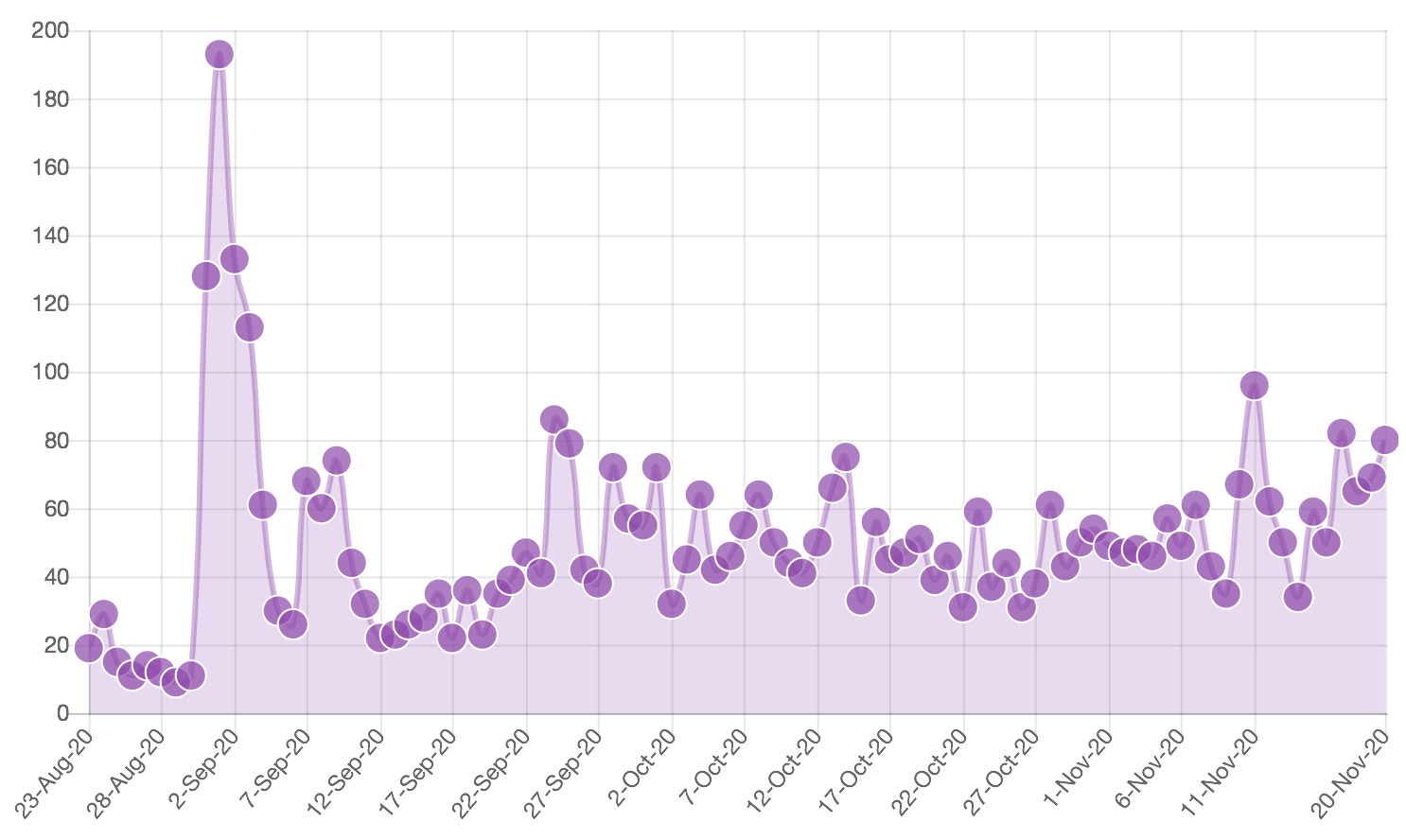Many of you may have questions about how I became involved in AJPOR. In 2010, I gave a presentation at Statistics Korea about the use of incentives in survey research. During the presentation, I mentioned that I was not able to find research on incentives used in surveys conducted in Asian countries. I assumed researchers were conducting similar research and that the Asian experience with incentives might be different from the experiences in the US and Europe.
After the conference, Professor Sung Kyum Cho and I talked in the taxi back to my hotel about the need to have a place for Asian scholars to publish survey research and public opinion research. A short time later, Professor Cho organized a group of Asian scholars to start organizing ANPOR and AJPOR. He asked if I would be willing to review the AJPOR articles to check that the English could be easily read by all scholars. As such, I have read every article and every word in AJPOR, a role that continues.
In 2019, I was selected as AJPOR’s editor in chief. As editor in chief, I am not directly involved in the many editorial processes. The managing editor and the co-editors are responsible for the content. My primary role, besides the final review, is to create policies for AJPOR along with the AJPOR editorial board.
My long term involvement in AJPOR has allowed me to observe changes in AJPOR. Over time I noticed that the articles became more directly focused on Asian public opinion research and fewer articles had a weak connection to public opinion research.
In addition, the quality of articles has improved as more Asian public opinion researchers became aware of the direction of AJPOR. Currently, the submissions are more likely to be about public opinion or methods of public opinion research. AJPOR has a good mix of quantitative and qualitative papers. However, AJPOR still receives a number of non-public opinion submissions that are rejected before being sent to reviewers. More importantly is the improved quality of the reviews. For this improvement, the co-editors and reviewers must be congratulated.
Some areas remain where I would like AJPOR to improve. First, more articles from researchers in more Asian countries would contribute to the diversity of AJPOR. Second, to make the review process better for the managing editor, co-editors, and reviewers, more articles should be proofread in English before submission. These issues will be addressed in an upcoming editorial board meeting. And, similar to most journals, more reviewers are needed.
A next step is to further assess the value and utilization of AJPOR. One method is to look at analytics provided by Scholastica, the online publishing platform that we recently started using. For example, I include two charts that show articles accessed and the number of readers over the past 90 days. I don’t need to analyze these charts for you, but you can see that AJPOR articles are being read. A note of caution – these charts don’t completely show how often AJPOR articles are distributed, because AJPOR articles exist on other places online. For example, someone who uses the DOI to find an article is directed to a different server. However, the data provided by Scholastica can show trends. I plan to issue a report on these trends annually.
Both special and regular issues are important for demonstrating the value of public opinion research being conducted in Asia. The trends provided by Scholastica can show which issues are read more and help direct our efforts.
A note to authors in the August COVID issue – you can see in the peaks in the charts that your research published in AJPOR is being read. This brings me back to the start of this essay. The goal of AJPOR to make Asian public opinion and survey research more easily available is being accomplished. That’s what the ANPOR organizers hoped. It will continue.
Biographical Note
John Kennedy directed the Indiana University Center for Survey Research for 24 years. He also directed the University of Hartford Institute of Social Research for two years and was employed at the US Census Bureau for four years. He earned a PhD in sociology from the Pennsylvania State University. He has been involved in the development of a number of professional journals and was the founding editor of Survey Practice, an e-journal published by the American Association for Public Opinion Research. He has also been actively involved in professional research ethics including chairing Indiana University Social Behavioral IRB for 12 years and he served on two committees that revised the American Sociological Associations Code of Ethics. He teaches a graduate course in Survey Design.
He can be reached at Smith Research Center 123, 2805 E 10th St, Indiana University, Bloomington, IN 47408, USA or by e-mail at kennedyj@indiana.edu.




